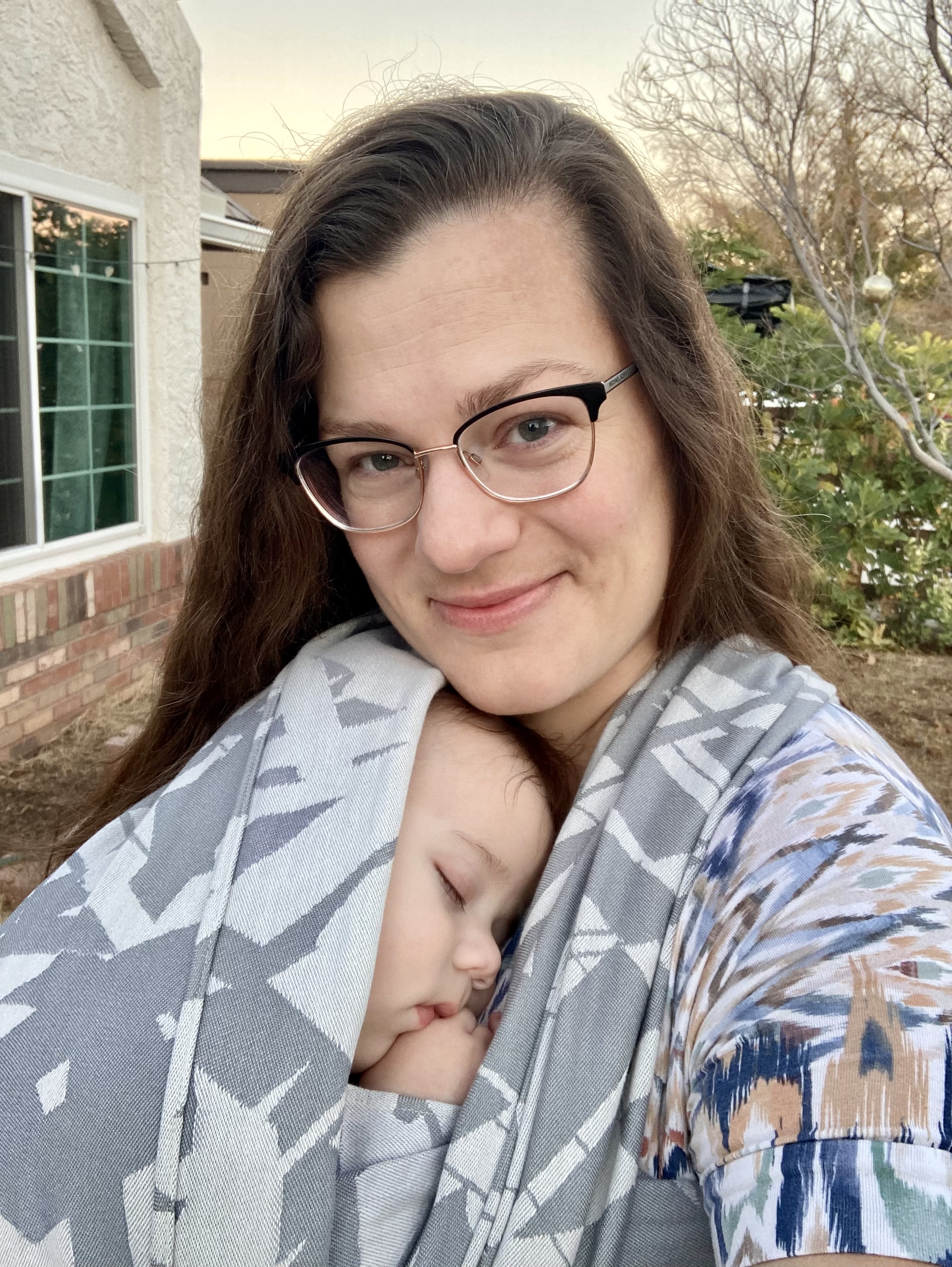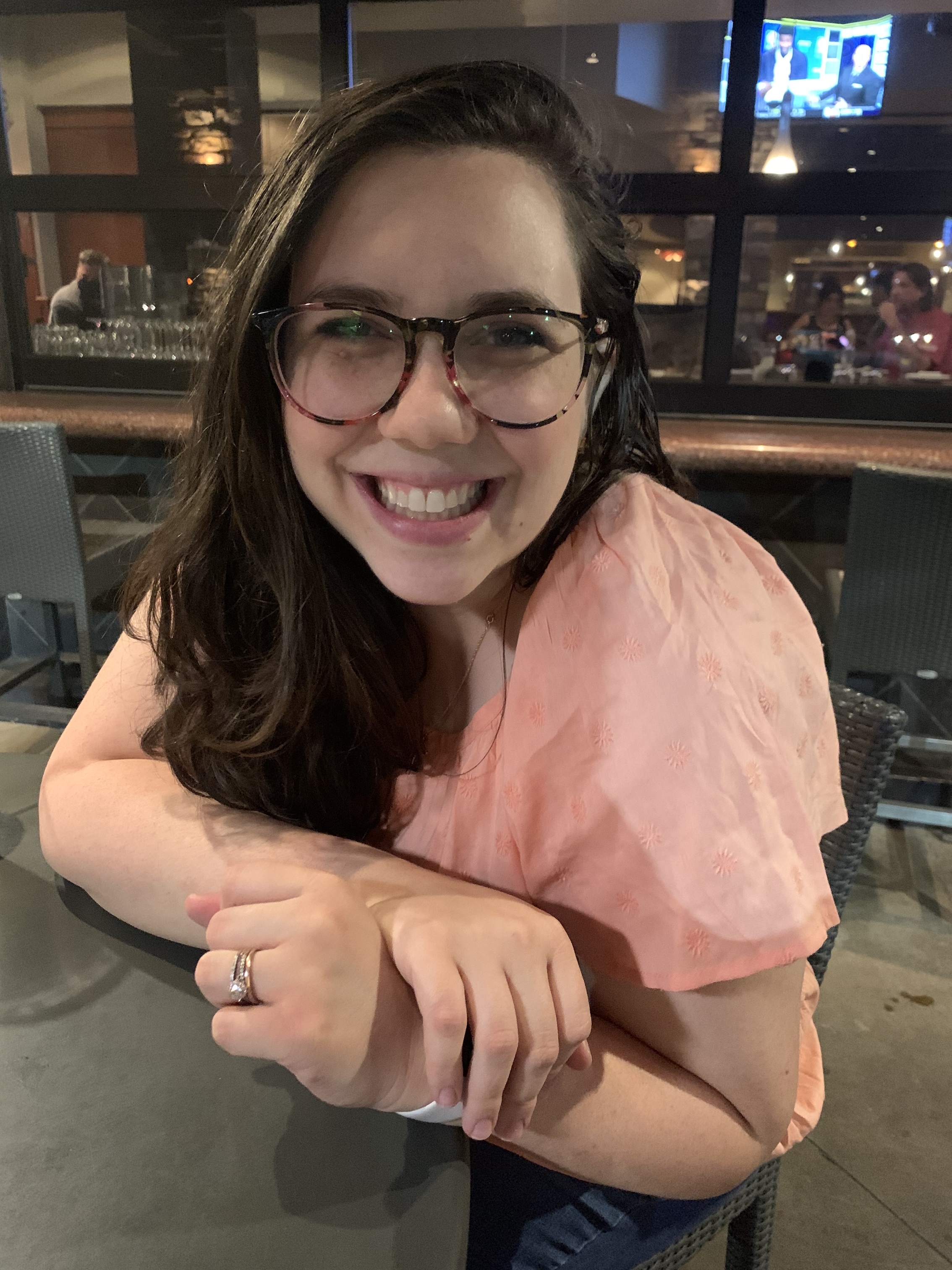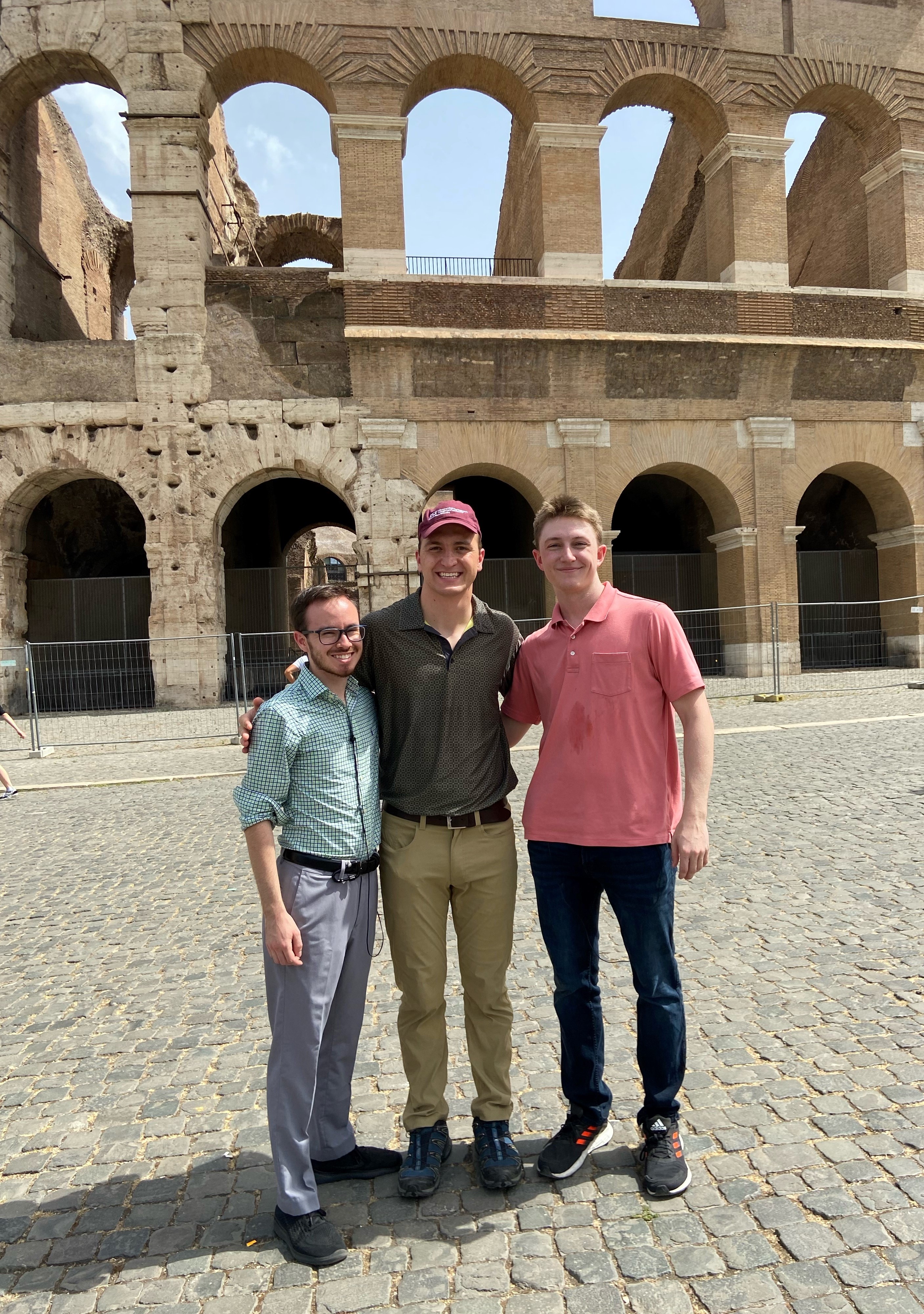ASU master's program teaches students to 'live well and lead well'

Program in classical liberal education is accepting applications by April 1.
When Carolina Vibbert was a fifth grade teacher, she realized that her passion was classical liberal education and started to look for a master’s program in the field.
“I wanted to make sure my degree focused on the core of who I am as a teacher and what I am hoping to give to my students,” she said.
Even though there are several education programs in Arizona, ASU's Master of Arts in classical liberal education and leadership stood out.
“I was hooked after learning from the professors about the course offerings. My classes, professors and peers have been a blessing to my life ever since," Vibbert said.
The graduate program is offered through Arizona State University's School of Civic and Economic Thought and Leadership and is accepting applications for the fall 2022 semester. Civic leaders, educators, scholars and professionals are invited to learn more about the curriculum and apply by April 1.
Carolina Vibbert
“Being a part of this program has brought so much to my life, both personally and professionally, especially as a teacher hoping to pass on the importance of classical and civic education to the next generation of American citizens," Vibbert said. “In the program, we are challenged to read the great books of philosophy, political thought and statesmanship, and use these texts to grapple with today’s civic and social challenges.”
Vibbert heard about the ASU program through Great Hearts, a network of public schools dedicated to improving education nationwide with a curriculum built upon the classical liberal arts tradition. What is now called “classical education” refers to the approach that focuses on the pursuit of wisdom by analyzing and cultivating moral virtue. In classical education, students are invited to seek truth through the study of the greatest philosophers and authors in Western civilization, and to flourish in mind, body and soul to become virtuous leaders in all aspects of life. Taught by nationally renowned scholars, the School of Civic and Economic Thought and Leadership program combines liberal education, civic education in American principles and institutions, and the study of the art of statesmanship.
Jonathon Hofer, a current student, credits the program for shaping more than his career.
Jonathon Hofer (center) during a trip to Rome with his students.
“It gives students who desire to learn, who love to learn, an opportunity to come together and build a community of learners in a liberal way. In a way that supports free thought, discourse and disagreement,” he said. “It is enriching my life beyond the classroom.”
In the program, students reflect on the past, with its rich heritage of liberal education. Informed by that heritage and inspired by its exemplars, they are prepared to take on the challenges of education, citizenship and statesmanship.
Courses include "Classic Texts in Political Philosophy and Justice," "Classic Texts in Historical Leadership and Statesmanship," "Literary Leaders, Faith and Reason," "Liberal and Civic Education" and "Greco-Roman Ideas of Leadership and Politics."
Colleen Sheehan, director of the Master of Arts in classical liberal education and leadership program, takes pride in the academic, professional and life skills taught in the course of study.
“We are equipping future educators, scholars and leaders to think deeply and carefully about fundamental questions, including what it means to live well and lead well, what it means to be a good citizen and what justice and the common good require,” she said.

Meredith Smith with her son, Henry.
A teacher as well as a new mom, Meredith Smith is grateful for the program.
“It provides me with an opportunity to augment my education in seminar-style, something I missed out on as an undergrad nearly 20 years ago,” said Smith, adding that the program contributes to preparing her for the challenges of motherhood and education.
“I get to read great works and grow in my vocation as a wife, mother and teacher. I am completing this program to examine what it means to lead a good life," Smith said.
One way the School of Civic and Economic Thought and Leadership is making it possible for professionals and scholars to complete the master’s program is by providing them with financial aid opportunities to help reduce out-of-pocket costs. These include the Lyceum Fellowships, the Cook Family Graduate Fellowships available to classical teachers working at Great Hearts, as well as Student Success Awards for students achieving high standards of academic excellence.
Prospective students are encouraged to check the program’s website for updates about additional funding opportunities. The program also offers research assistantships that include stipends, tuition awards and possible benefits.
More Law, journalism and politics
Can elections results be counted quickly yet reliably?
Election results that are released as quickly as the public demands but are reliable enough to earn wide acceptance may not…
Spring break trip to Hawaiʻi provides insight into Indigenous law
A group of Arizona State University law students spent a week in Hawaiʻi for spring break. And while they did take in some of the…

LA journalists and officials gather to connect and salute fire coverage
Recognition of Los Angeles-area media coverage of the region’s January wildfires was the primary message as hundreds gathered at…



